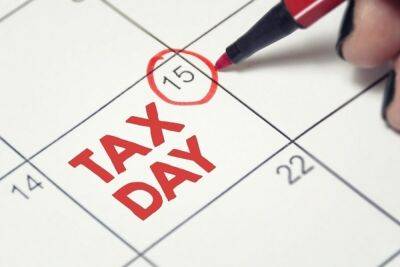Campaigners call for EU to tax fishing industry to fund decarbonisation
The EU lavished up to €15.7bn in fossil fuel subsidies on its fishing industry over the last decade, but campaigners are now calling for those funds to be redirected towards decarbonisation.
Fuel tax exemptions for the fishing industry save so much money that they could pay the salaries of 20,000 fishers every year – or pay for 6,000 new energy reduction and decarbonisation projects, according to a new analysis.
Europe’s fishing fleet emitted at least 56m tonnes of CO2 between 2010 and 2020, more than twice as much as Malta over the same period, the paper says. A true figure would be much higher though, with studies indicating that practices such as bottom trawling release as much CO2 as the entire aviation industry. Even so, Europe’s fishing vessels – like its aircraft – pay no fuel taxes at present.
“Vast sums of money could be put to use for good fisheries performance,” said one of the report’s authors, Dr Laura Elsler. “The data clearly shows that by supporting the biggest emitters, fuel subsidies stand in the way of a transition to low-carbon fisheries.”
The EU could generate €681m a year if its fishing fleet was taxed at 33 cents a litre, and €1.4bn if it paid the 67 cents a litre average rate charged to road transport users, the new study says.
Switching tax streams to fund a decarbonisation push would help the EU “shift from unsustainable and unprofitable fishing to income-supporting and environmentally sound use of public money,” added report co-author, Maartje Oostdijk, a researcher at the University of Iceland.
On paper, the EU is committed to phasing out fossil fuel subsidies, but an energy tax review under its Green Deal only proposes an ultra-low industry tax rate of 3.6 cents a litre for fishing vessels.
Even
Read more on theguardian.com














